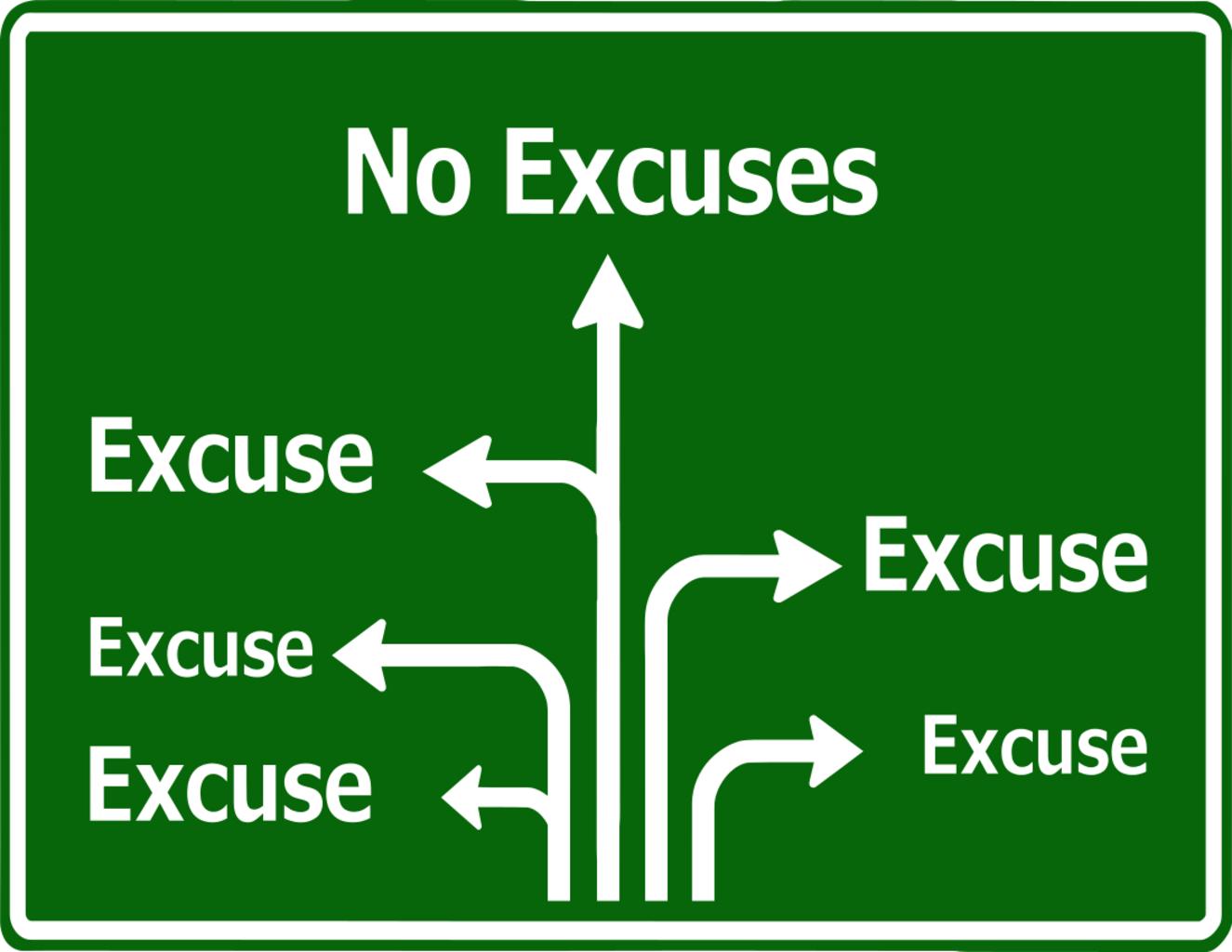
Do you ever feel that you are being taken advantage of? Are certain people constantly asking for your time, borrowing money, or relying on you for things that they could do themselves. Where do you draw the line between being nice and being trampled on?
Let’s get clear from the outset. I love to help people, to lift their spirits, to treat them with kindness. I enjoy giving gifts of my time, energy, and money to others. Perhaps you do too. But, it can backfire.
I received a phone call a few days ago from a person who calls me quite often for help, saying: “Do you have a recipe for salsa?” My first thought was to stop what I was doing, pull out my cookbooks and research online to find the perfect salsa recipe for her. I said, “It will take me a minute to find one, do you want to hold?”
“No, I’m driving right now, so I can’t write it down.” She replied. “Just type it into an email and send it to me.”
I said I would help and started searching for the recipe. In the back of my mind, however, there was a nagging voice that said, “She’s always asking you to do things that she could do herself. She has access to the internet. You’re being taken advantage of.” And I was.
This is a pretty mild example. This person had developed the habit of capitalizing on my helpful nature to the point where I had become a servant instead of a friend. Not only does this damage our relationship, it also diminishes feelings of personal independence and self reliance in the person I was helping. I’ve seen extreme situations where friendships crumbled, jobs were lost, families broke apart, and health was threatened because someone allowed themselves to be taken advantage of.
So, the question is: How do you say “no” and still be nice?
Be Kind, Say “No”
First, you need to realize that saying “yes” is not always the best way to be nice to someone. If, in agreeing. you are allowing the relationship to be damaged, if you are enabling dependency rather than personal responsibility, if you are setting the person up for failure because they haven’t learned how to do things for themselves, the nicest thing you can do is say “no.”
Foster Self-Reliance
Self-Reliance is confidence in your ability to provide for yourself. Not just financially, but emotionally as well. It means you do the best you can to carry your own weight financially, in relationships, emotionally, and physically. It’s enjoyable to help people who are otherwise self-reliant, but draining to help those who will not help themselves.
So, when faced with an unreasonable request, rather than being angry or resentful, consider how you could foster self-reliance in this person. Practice saying “no” to the request but “yes” to something that helps them help themselves. In my example above, I could have said, “I can’t look right now, but I can send you a link to my favorite online recipe site so you can look it up.”
Value Your Time
If you are a kind, helpful person by nature, and you allow people to take advantage of you, it’s likely that you will gradually become cynical, angry, or resentful. This doesn’t help anyone, and it certainly doesn’t make the world a better place. Instead, be strong enough to value your own schedule and plans as much as you value others.
I once knew a woman who worked out of her home. She loved the flexibility which allowed her to participate in neighborhood and school activities and to spend time with friends and neighbors. Occasionally, someone had an emergency and she was delighted to be available to help. Unfortunately, since she was always home a few took advantage of this and regularly asked her for unnecessary help and favors that they would never ask from someone who worked at an office. Soon, her business began to deteriorate and she considered getting a real job. Instead, she realized that she needed to value her work time as much as she would if she had a full-time job. Then, if someone called for something trivial, she could honestly say that she was working and unable to help at that time.
This principle equally applies to anyone who finds that their time is being monopolized. Schedule your time and stick to it.
Look For Opportunities to Help Others
Let’s face it, there is happiness in serving others. So, always keep your eyes open for opportunities to help people who are in need, not just physically or financially, but those who need hope and encouragement. Build relationships based on trust and self reliance. We all have an inner need to serve our fellow human beings. The more you do, the less guilty you will feel when you must decline help to someone who is taking advantage of you. Instead, you will feel great knowing that you are nurturing the relationship and helping them to become the best version of themselves.
Success Tip: Be as kind and helpful as you can to others. If some start taking advantage, be kind enough to say “no,” foster self-reliance, value your time, and look for opportunities to serve others.









